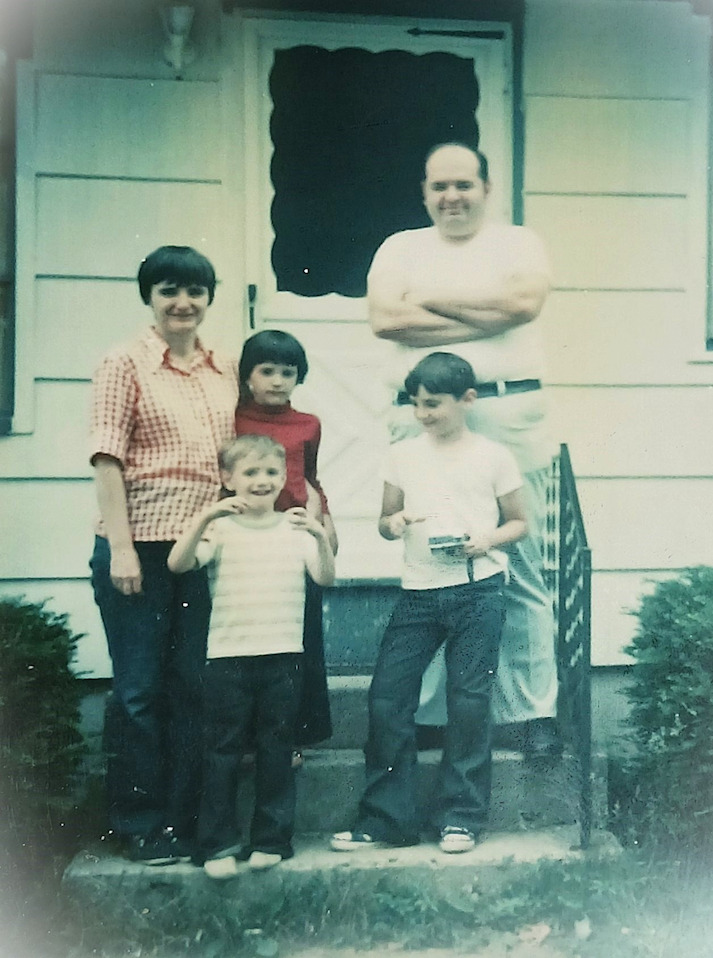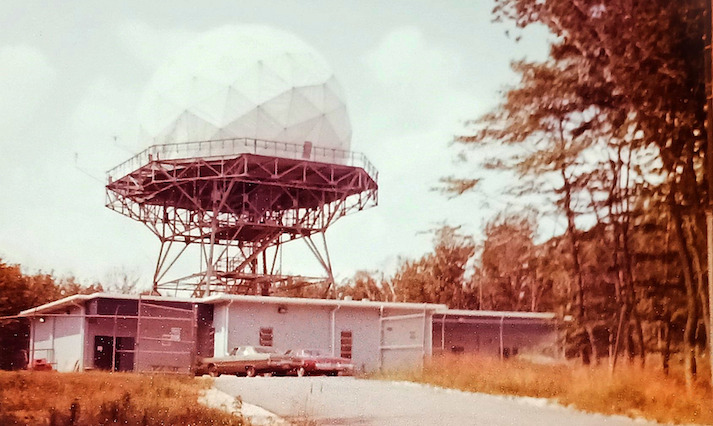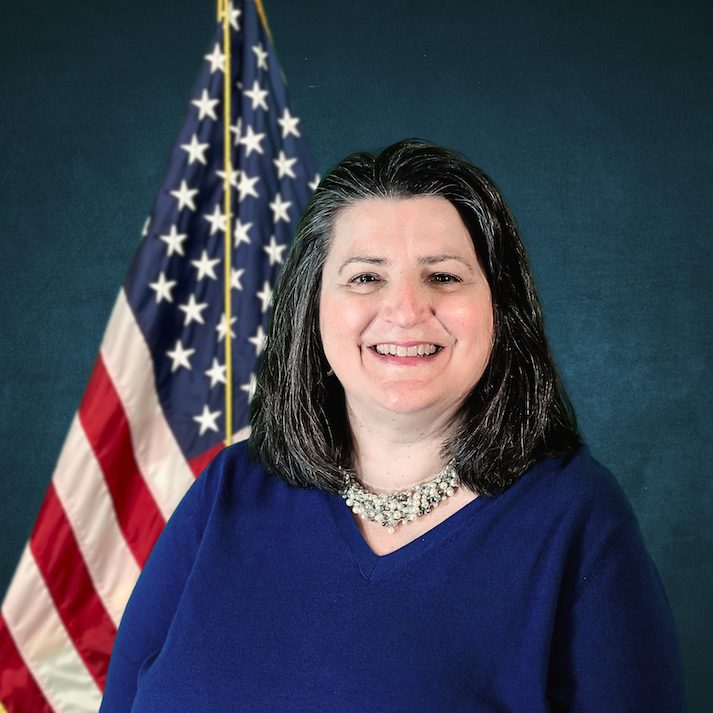One thing I’ve learned after twenty-six years working at Peachtree City Library is that everyone has a story of how they ended up in Peachtree City. In fact, when the library put together the Hip Pocket anthology in 2023, we had a whole chapter dedicated to stories about moving to Peachtree City. It may seem like a no-brainer as to what attracts people to the area now:the 100+ miles of multi-use paths, the top-rated school system, and its proximity to Hartsfield-Jackson International Airport. But it could have gone another way.
This past summer I worked with intern Molly Stinsonediting transcripts of oral history interviews conducted from 2002-2009. It is no surprise thatPeachtree City founder Joel Cowan, in his second2002 interview, spoke of the importance of the airport to the south side. I was, however, surprised to learn that in the early seventies there was talk among the Atlanta power structure about building a new airport on the north side of Atlanta. According to Cowan, it would have been “disastrous” for the south side. You can find the interview here. Combing through these transcripts last summer made me realize just how closely tied the growth of commercial aviation was to Peachtree City’s success, which brings me to my “moving to Peachtree City” story.

We were living in Pittsfield, Massachusetts, where my father worked for the Federal Aviation Administration at a long-range radar site atop Bryant Mountain in nearby Cummington. The radar at Cummington tracked military and civilian aircraft within a two-hundred-mile radius and was housed inside a dome that looked like a giant golf ball sitting atop a steel tower. I’m afraid of heights and for the longest time I refused to climb the bar grated steps up into the dome. The furthest I’d ever made it on my own was to the second landing. The one and only time I made it to the top was when my father picked me up and carried me. Inside the golf ball were large spinning objects resembling bulldozer blades. The sensory overload was disorienting, and I demanded to be taken back down immediately.
The building next to the tower housed massive computers, bigger than my father even, with oversized spooling magnetic tapes. The electrical hum in the building was so loud that you had to shout to be heard. The machines also generated a lot of heat. Whenever we visited my father at work, I’d make a beeline for the break room where it was cool and quiet. I didn’t understand the significance of my father’s job at the time—that he was knee-deep in the massive boom in aviation infrastructure.
In January of 1982 the FAA had a $2.5 million radar($14 million in today’s money) in Puerto Rico at Pico del Este in El Yunque National Forest that was inoperable. They had sent two or three technicians down to fix it with no luck. It was to the point where the FAA considered scrapping it. But someone in theSouthern Regional Office in Atlanta knew my father from his time at the FAA Academy in Oklahoma City and said, basically, “I know a guy in the New England Region who can fix it.” My father got the call all the way up in Cummington, Massachusetts.
Dad spent two to three weeks at “Pico,” ultimately restoring operation of the radar. I remember his colleagues back in Cummington giving him the equivalent of a hero’s welcome when he returned.The following year he was offered a position in theSouthern Regional Office, and we moved to Peachtree City.
My father’s four years in the Southern Regional Office proved pivotal for his career – and our family.My older brother stayed behind when we moved to North Carolina in 1987. Seven years and two moves later, after thirty-four years as a federal employee, my father retired. In 1998, after finishing grad school in Pennsylvania, I returned to the area to accept a job at Peachtree City Library. My younger brother returned in 2002, followed by my parents in 2003.
If someone had told me back in 1987 that I’d not only be back but also make my career here I wouldn’t have believed them. But here I am, still here after twenty-six years (this time). What can I say? There is just something about this place.













Leave a Comment
You must be logged in to post a comment.